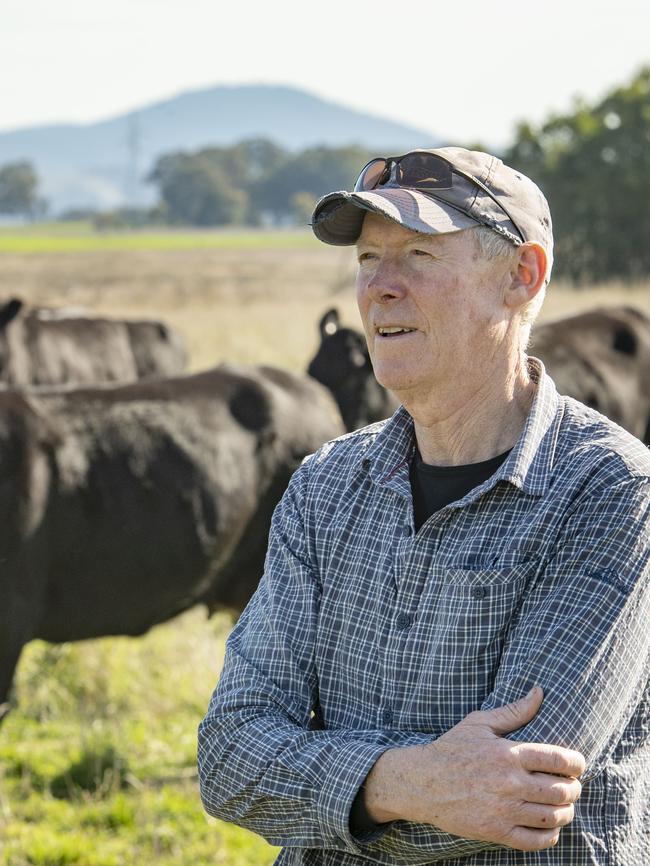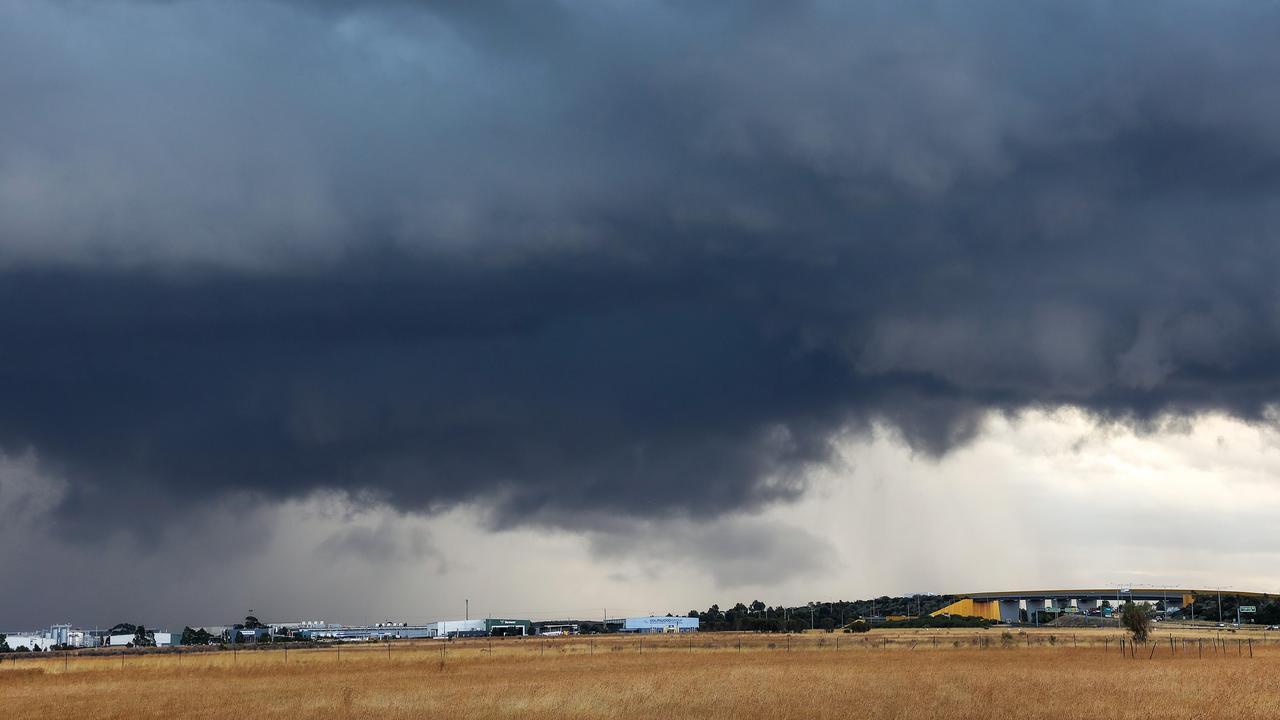Ballarat, Loddon, Glenelg: 10 more regional Victorian councils exit aged care sector
A mass exodus of regional councils from the aged care sector by July 1 is sparking concern. Find out which shires will stop services.

A mass exodus of regional councils from in-home aged care services could lead to worse services for clients and workers, advocates warn.
Nine regional Victorian councils will exit the in-home aged care sector by July 1, claiming new federal government rules make offering the services unviable for smaller operators.
Corangamite, Ballarat, Glenelg, Bendigo, Hindmarsh, Loddon, Macedon Ranges, Pyrenees and Yarriambiack Shire councils will all stop offering in-home aged care this year.
Buloke Council has decided to exit the service, but has not yet set a date.
It follows a decision by 12 regional Victorian councils – Baw Baw, Benalla, Golden Plains, Greater Shepparton, Hepburn, Latrobe, Mansfield, Mildura, Moorabool, Mornington Peninsula, Southern Grampians, and Yarra Ranges – to exit the sector last financial year.
The move leaves just 13 regional councils still offering the service, which was once widely offered by councils across the state.
The Australian Services Union secretary Lisa Darmanin said the shift to private aged care providers risked leaving residents without services, particularly in regional areas.
“We have seen residents being left high and dry when other councils in areas much closer to metropolitan areas have exited due to staff shortages and bungled transitions,” she said.
Last year, residents in the Mornington Peninsula Shire and the Melbourne council area of Boroondara where left without support for months, when their councils stopped offering aged care services and private providers did not have staff ready to start supporting clients, she said.
“Lack of access to suitable staff is even more acute in regional areas, so I fear for what could happen to elderly and vulnerable residents,” Ms Darmanin said.

Municipal Association of Victoria president and Pyrenees Shire mayor Cr David Clark said many councils, including his own, had decided it was no longer possible to offer in-home aged care services.
“The way the (new funding) model works, it really doesn’t work for what councils have done for a long period of time,” he said.
Following the Royal Commission into Aged Care Quality and Safety, the previous Coalition federal government announced aged care providers would be funded on a fee-for-service model, similar to the National Disability Insurance Scheme, replacing a model where providers were funded through block grants or subsidies. Those changes are due to take place by 2024.
Mr Clark said councils had traditionally worked by employing permanent staff, which meant aged care clients could see the same person every visit. Without block funding, employing permanent staff was more difficult, he said.
Mr Clark acknowledged rural clients could be “at risk” as councils transitioned services to private businesses, because “they cost more to service”, but he said councils like his would be putting in extra checks and balances to make sure clients didn’t “slip through the cracks”.
Pyrenees Shire has opted to employ a supervisor for three months to oversee the transition to private provider Mecwacare, he said.
One regional council that has made the decision to continue offering in-home aged care despite additional costs is Queenscliffe Borough, near Geelong.
Mayor Isabelle Tolhurst said her council, whose residents have the oldest median age in the state, had decided to contribute additional funding on top of what was provided through the Commonwealth Home Support Program in order to continue offering the service.
“Consistently we hear from our community that they place a high value on council delivering aged care services and expect that we will maintain this commitment to our older residents,” she said.
This article has been edited to correct an earlier version which stated Buloke Council would exit in-home aged care by July 1. Buloke Council has not yet announced what date it will exit the service.





